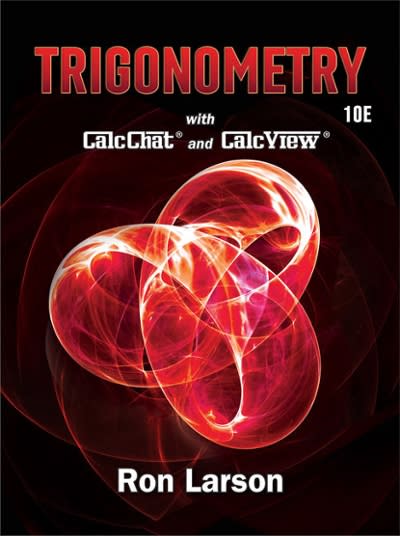Question
Exercise 2.22. The voters in a given town arrive at the place of voting according to a Poisson process of rate A = 100 voters
Exercise 2.22. The voters in a given town arrive at the place of voting according to a Poisson process of rate A = 100 voters per hour. The voters independently vote for candidate A and candidate B each with probability 1 / 2. Assume that the voting starts at time 0 and continues indenitely. a) Conditional on 1000 voters arriving during the rst 10 hours of voting, nd the probability that candidate A receives an. of those votes. b) Again conditional on 1000 voters during the rst 10 hours1 nd the probability that candidate A receives it votes in the rst 4 hours of voting. e) Let T be the epoch of the arrival of the rst voter voting for candidate A. Find the density of T. (1) Find the PMF of the number of voters for candidate B who arrive before the rst voter for A. 9) Dene the nth voter as a reversal if the nth voter votes for a different candidate than the n 1"". For example, in the sequence of votes AABAABB, the third, fourth, and sixth voters are reversals; the third and sixth are A to B reversals and the fourth is a B to A reversal. Let N (t) be the number of reversals up to time t (t in hours). Is {N (t); t > 0} a Poisson process? Explain. f) Find the expected time (in hours) between reversals. g) Find the probability density of the time between reversals. h) Find the density of the time from one A to B reversal to the next A to B reversal.
Step by Step Solution
There are 3 Steps involved in it
Step: 1

Get Instant Access to Expert-Tailored Solutions
See step-by-step solutions with expert insights and AI powered tools for academic success
Step: 2

Step: 3

Ace Your Homework with AI
Get the answers you need in no time with our AI-driven, step-by-step assistance
Get Started


